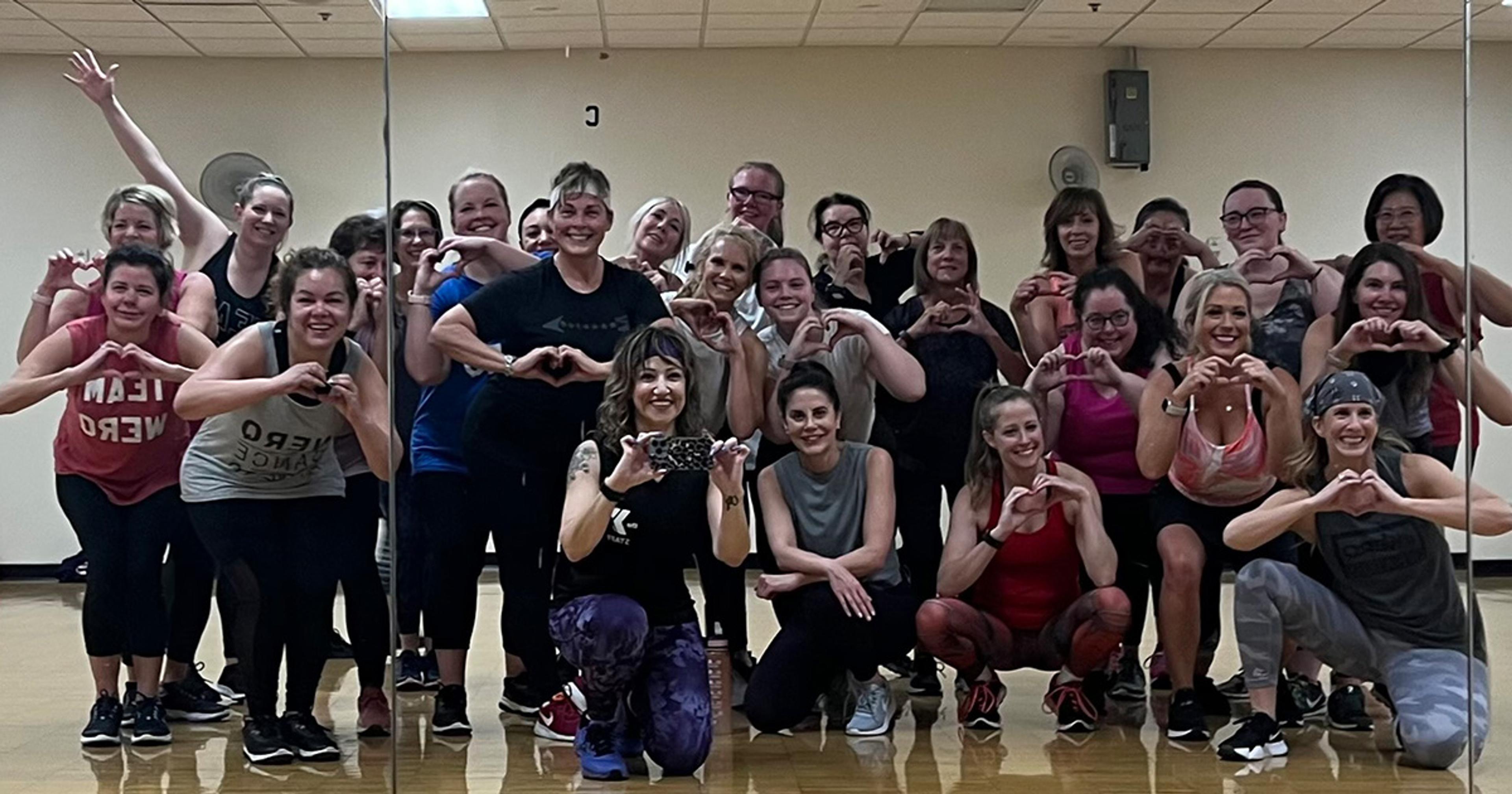Turning shop ’till you drop to drop while you shop!
Jodi Davis
| 3 min read

If you’re wanting to drop a few pounds for the holidays, you do not need to go on a diet. I’m sure you’ve heard the phrase shop till you drop, right? How about it? Are you ready to drop a few extra pounds while shopping, even if’ it’s only a simple trip to the local supermarket?
Great, now let’s get started!
First I recommended you have a 32 oz. or larger bottle of plain water waiting for you in your vehicle so you can hydrate once your shopping trip has ended. Many people do not drink enough water throughout the day which can contribute to weight gain and illness. Most of the experts agree that the amount of water a person requires for good health is half their body weight in ounces of water per day. For instance, a person weighing 200 pounds needs 100 ounces of water per day.
Water actually helps curb your appetite along with allowing the metabolic rate to increase with water intake which may speed weight loss efforts. You can drink your water on the way to the supermarket, but just keep in mind that this may create an added trip to the restroom before your shopping adventure begins.
Now get ready to walk those supermarket aisles! This is where you can really control your future weight loss in two different, yet very effective ways. First, you will need to park your car in the furthest parking spot possible (safety is top priority here) and walk briskly across the parking lot. Remember that each step counts so take the long route if weather permits.
Make sure that you have compiled a complete grocery list that consists of healthy items and know exactly what you need. This way you can walk each aisle in a quick manner, no dawdling or leisurely strolls on this trip! Shop the outer aisles of the store first, which is often where the healthy items are located. Be careful with the inner aisles as they tend to be dangerous for weight loss. Why are they considered “dangerous?” This is where you’ll see the bad snacks and unhealthy foods, items that you should not be purchasing.
Which leads me to the last tip.
Do not buy an item if you know that it’s not good for you! If the item is not a healthy item, do not put it in your cart. I know, it’s for a family member. I did the same thing for over ten years when I went grocery shopping. I would put the item in the cart for my husband and my kids, and swore that I wouldn’t eat it. Guess what? I’d eat it; sometimes all of it. Maybe not right away, but when it was staring me in the face from the cupboard or refrigerator shelf, I just couldn’t resist. This was especially true during the evening television viewing hours or when the weather kept me indoors and I resorted to cupboard browsing.
Now I know better. If I don’t want to eat it, I don’t buy it. And honestly, why would I want my family members to consume unhealthy items? They don’t need it anymore than I do.
Once the shopping is over, take the long route back to your vehicle and drink your water. Once home you can carry the bags in yourself for an extra workout!
The pounds will drop off as you continuously focus on this healthier style of supermarket shopping … and if you really want to burn some calories then I suggest you walk the mall as well. Shop only after you’ve hit 10,000 daily steps and before you know it, you’ll be shopping for smaller clothes!
Photo credit: Jason L. Parks





